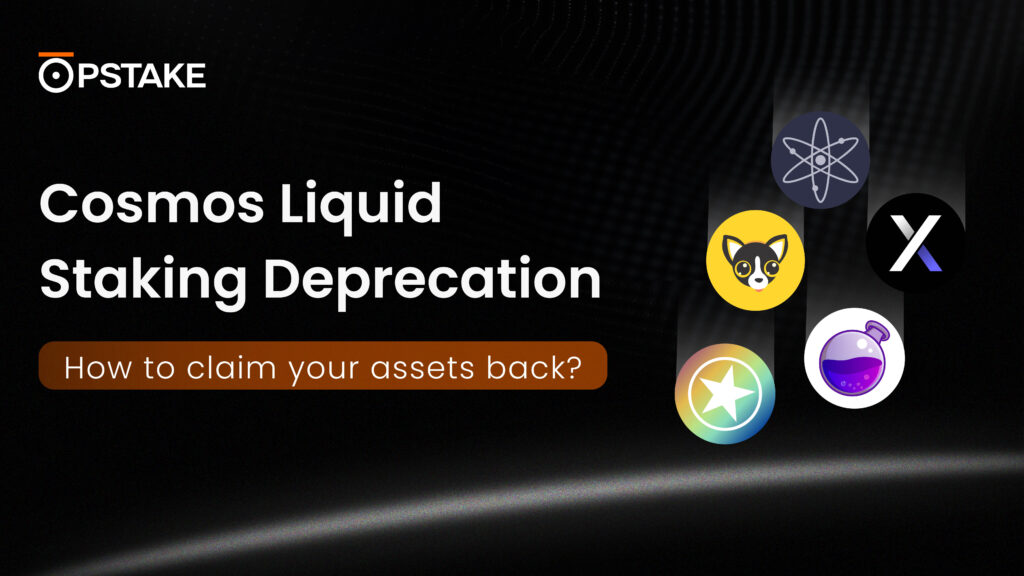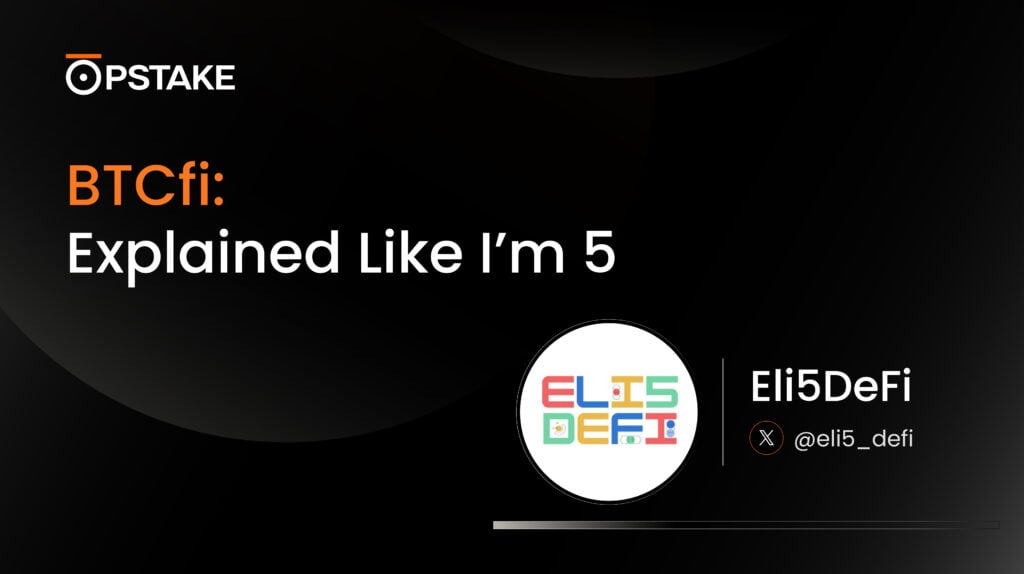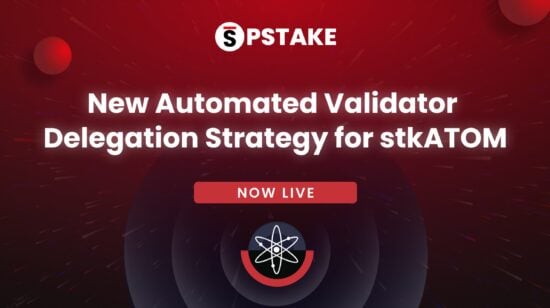Decentralization is a cornerstone of the blockchain and Decentralized Finance (DeFi) industries and is one of the guiding values behind pSTAKE. The stkToken liquid staking solutions are designed to impact the ecosystem and its community positively. The primary goal of stkATOM is to drive widespread adoption and increase the use cases for ATOM in DeFi, while also ensuring adequate decentralization and enhanced security.
ATOM Liquid Staking was launched in January 2023 with 62 Cosmos Hub validators, representing the largest validator set for ATOM liquid staking. These validators were selected through a community-driven approach based on criteria such as commission rates, governance participation, uptime, etc. Initially, the validator selection process was simplified to streamline delegations at launch, with the aim of progressively moving towards greater decentralization.
In December 2023, pSTAKE introduced a new automated validator stake delegation strategy with the launch of stkOSMO, followed by the adoption of the same strategy by stkDYDX. This strategy received enthusiastic support from the community and stands as one of the biggest liquid staking differentiators for pSTAKE.
The automated validator stake delegation strategy operates on a daily basis, dynamically selecting validators based on predefined criteria. This meticulous selection process ensures optimal performance and reliability. The stakes are then delegated and rebalanced among the eligible validators.
pSTAKE’s automated Validator Delegation Strategy is NOW LIVE for stkATOM.
Discover more about stkATOM’s new validator set and the delegations received by each validator on the pSTAKE UI here: https://pstake.finance/atom/validators.
Decentralizing Cosmos Hub
In the Proof of Stake (PoS) ecosystem, validators play a crucial role in maintaining the security, integrity, and functionality of the network. Validators are responsible for creating new blocks in the blockchain, validating transactions, Casting votes, and ensuring that no fraudulent activity occurs. Additionally, validators receive delegations from stakers, who are network participants that hold and are willing to lock up the network’s native tokens but do not want to or cannot run a validator node themselves. This process allows stakers to participate in the network’s security and governance indirectly by entrusting their tokens to validators.
However, a fundamental question then arises: how do you select a validator?
Should a user choose a validator with the lowest commission fees, a validator with a large user base or large existing delegations, or one with a famous or familiar history? A decision based on the abovementioned requirements will concentrate power and authority in the hands of a few older validators and reduce decentralization in the network. With this in mind, pSTAKE is guided (but not limited to) by a basic principle —-As a liquid staking provider, pSTAKE should not be a validator gatekeeper and should deselect bad actors/validators rather than trying to select the right validators.
The current methods for selecting validators include the following:
- Governance-driven criteria (pSTAKE)
- Council-driven criteria (Stride)
- Signal intent (Quicksilver)
The governance-driven approach adopted by pSTAKE allows for the onboarding/removal of validators through proposals made by users/validators, who can then add/remove a validator from a network. The overall delegation process should be easy and convenient. It needs to be simple and automated to ensure scalability in the long term.
The original approach always intended to develop a mechanism in the long term to score validators’ performance based on parameters like uptime, latency, data centre decentralization, commission rate, and existing delegation. An automated validator delegation and rebalancing strategy based on a scoring mechanism will help complement the overall and long-term objective of creating a scalable approach to validator selection and rebalancing across all Cosmos chains enabled on pSTAKE.
pSTAKE’s New and Automated Validator Delegation Strategy

pSTAKE’s new delegation strategy uses a weighted scoring mechanism with decentralization parameters to suggest the final validator set and automate rebalancing across the chain. This model comprises the following steps:
- Collect on-chain validator data, including all decentralization parameters, in a transparent manner
- Apply the pSTAKE Delegation Strategy filtering criteria to rule out specific validators like Centralized Exchange or high commission validator
- Apply the pSTAKE Delegation Strategy weighted formula to calculate individual weights for the shortlisted validators
- Delegate tokens (including new deposits) to all validators according to their target weights daily
- Rebalance delegations regularly to meet the target weights
The pSTAKE Delegation Strategy for Cosmos Hub will consider the following decentralization parameters to filter and calculate validator weights:
- Voting power: 0.05% to 5%
- Commission: 5% to 10%
- Average 90-day uptime: 95% to 100%
- Governance participation in the last 180 days: 60% to 100%
- Validator bond: 0.1% to 20%
- Time in the active set in the last 180 days
- Slashing events in the last 180 days
After running scripts based on the above metrics, this is the validator list with the corresponding weights that the code suggests to decentralize the Cosmos Hub. Please note that the list (including new validators and individual weights) will vary on a daily basis.
Benefits of the Automated Strategy
- Constant Liquid Staking Alignment with the Cosmos Hub:
pSTAKE ensures continuous alignment with the Cosmos Hub’s validator set, actively distributing ATOM stakes to avoid centralization and support validators acting in the network’s best interest. This strategy maintains the network’s integrity and upholds its decentralization principle. - Increased Transparency with Automated Strategy:
The strategy employs an automated, data-driven process for validator selection and stake rebalancing, enhancing transparency. Stakeholders gain insight into stake distributions, fostering trust through on-chain accountability and real-time data analytics. - Slashing Risk Reduction:
By diversifying stakes across reputable validators and dynamically adjusting allocations, pSTAKE minimizes the risk of slashing penalties. This approach protects the network and its participants from the consequences of validator misbehaviour or failure.
- Promotion of Validator Alignment with the Cosmos Hub:
Validators are incentivized to adhere to high standards of performance and governance, aligning their behaviour with the Cosmos Hub’s goals. This merit-based system rewards validators for positive contributions, fostering a secure, efficient, and decentralized ecosystem.
About pSTAKE
pSTAKE is a multi-chain liquid staking protocol that unlocks liquidity for your staked assets. With pSTAKE, you can securely stake your Proof-of-Stake (PoS) assets to earn staking rewards, and receive staked underlying representative tokens (Tokens) which can be used to explore additional yield opportunities across DeFi.
At present, pSTAKE supports Cosmos (ATOM), Binance chain (BNB), dYdX network (DYDX), Osmosis (OSMO), with the support for Stargaze (STARS) and Persistence (XPRT) in the future.










